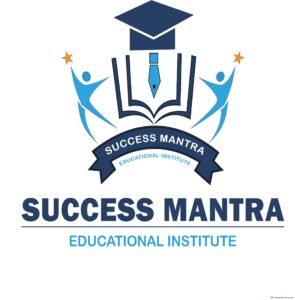LAW CET
Common Entrance Test (CET) is an umbrella term for a variety of entrance exams held at the state level in India, primarily for admission to undergraduate courses in engineering, pharmacy, management, law, and other professional programs
About LAW CET
The Law CET (Common Entrance Test) is an entrance exam in India for admission to undergraduate (LLB) and postgraduate (LLM) law programs in various state universities and law colleges. It assesses candidates’ aptitude in areas like legal knowledge, general awareness, and reasoning.

Exam Structure
CET exam structures vary slightly between states and courses, but they typically include multiple-choice questions (MCQs) covering subjects based on the course of study:
For Engineering Courses:
- Subjects: Physics, Chemistry, Mathematics (PCM)
- Duration: Around 3 hours
For Medical and Pharmacy Courses:
- Subjects: Physics, Chemistry, Biology (PCB)
- Duration: Typically 3 hours
For Management and Law Courses (like MBA or LLB through MAH-CET):
- Subjects: Verbal Ability, Logical Reasoning, Quantitative Aptitude, and Abstract Reasoning
- Duration: Generally around 2.5 hours.
Eligibility Criteria
The eligibility criteria can differ depending on the course and state, but here’s a general outline:
Nationality: Indian citizens are primarily eligible, but certain states may permit foreign nationals, NRI, or OCI cardholders under specific categories.
- Educational Qualification:
- Engineering: Completion of 10+2 (Class 12) with Physics, Chemistry, and Mathematics (PCM) as core subjects from a recognized board.
- Medical/Pharmacy: Completion of 10+2 with Physics, Chemistry, and Biology (PCB) as core subjects.
- Management/Law: Graduation for MBA/MMS; for 5-year law programs, completion of 10+2 is required
Syllabus Overview
The syllabus is typically based on the 11th and 12th-grade state board syllabus, though most states align with NCERT standards for subjects.
- Physics:
- Important Topics: Motion, gravitation, thermodynamics, optics, electromagnetic waves, modern physics.
- Chemistry:
- Important Topics: Organic chemistry basics, chemical bonding, periodic table, equilibrium, electrochemistry, and chemical kinetics.
- Mathematics:
- Important Topics: Algebra, trigonometry, calculus, probability, vectors, and 3D geometry.
- Biology (for medical/pharmacy):
- Important Topics: Cell biology, genetics, physiology (plants and animals), reproduction, and ecology.
- General Aptitude (for MBA/LLB):
- Important Topics: Arithmetic, logical reasoning, reading comprehension, abstract reasoning, data interpretation, and English language skills.
Application Process
- Application Period: Typically opens 2-3 months before the exam, often around February-March, depending on the state.
- Mode of Application: Online through the official CET website of the respective state.
- Application Fee: Varies per category and state but generally ranges from INR 500–1000.
Selection Process
- Stage 1: Written Exam – The primary phase, based on which candidates qualify for counseling.
- Stage 2: Counseling and Seat Allotment – Candidates who clear the cutoff are eligible for the counseling process, where they select colleges based on rank and availability.
- Final Admission – Based on seat allotment, document verification, and fee payment.
Important Dates
- Application Start: Usually from February-March
- Exam Dates: Typically conducted between April and May (some states may vary)
- Results: Generally announced within a month of the exam
- Counseling: Begins shortly after results, usually June-July
